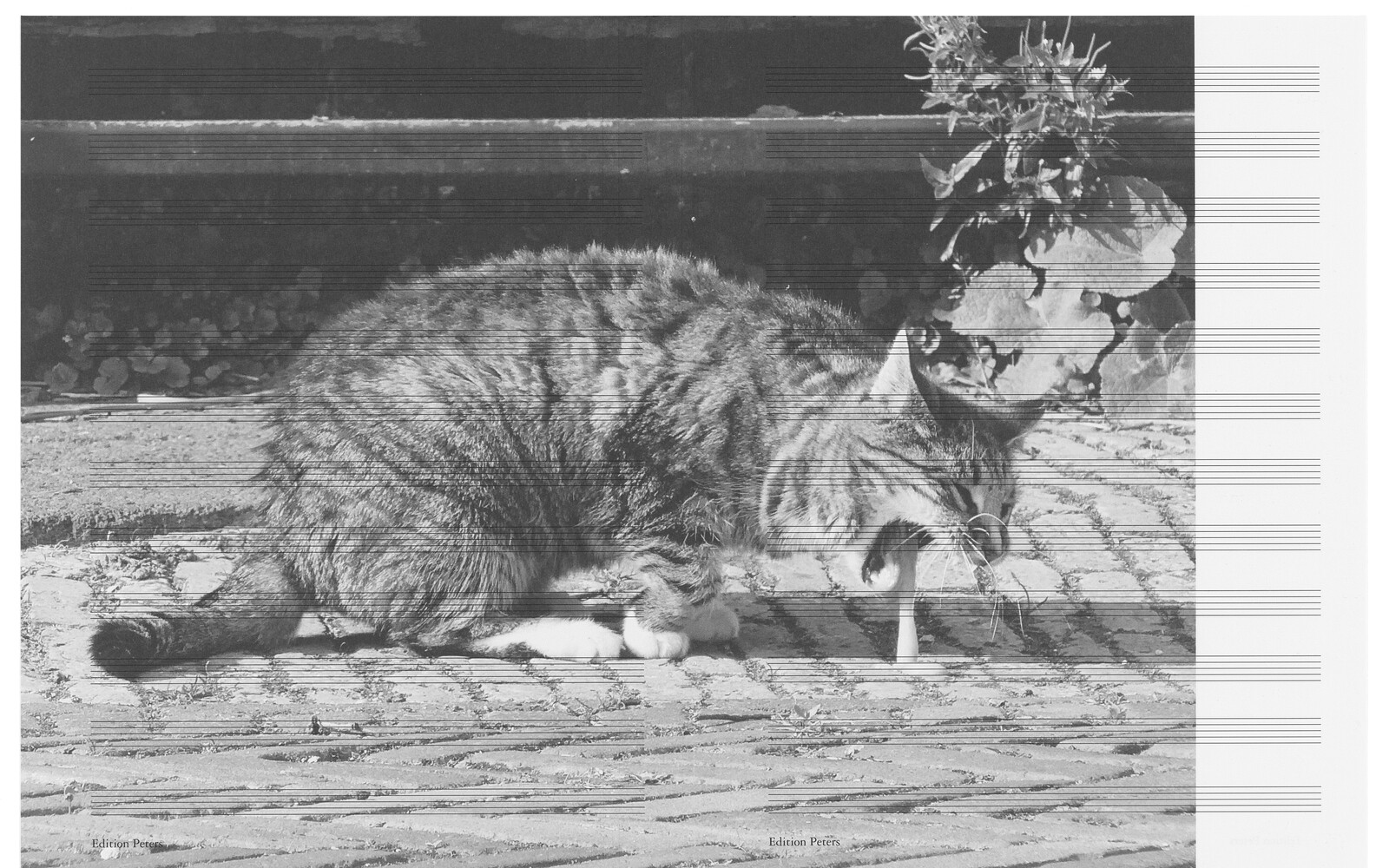DESASTRES
April 23–November 27, 2022
Giardini di Castello
Venice
Italy
Instagram / Instagram / Facebook / #ausatvenice / #australianpavilion / #biennalearte / #auspavteam22
The Australia Council for the Arts has announced the first details of Marco Fusinato’s presentation at the Venice Biennale 2022, Venice, curated by Alexie Glass-Kantor.
DESASTRES is the title of the presentation that will run from April 23 to November 27, 2022.
DESASTRES is an experimental noise project that synchronises sound with image and takes the form of a durational solo performance as installation. The artist will be performing during the opening hours of the Biennale—a total of 200 days. The presentation will be the first time the Australian Pavilion, located in the historic Giardini della Biennale, has been the site for a live durational performance.
Originally from the Veneto region in Italy, Marco Fusinato’s parents migrated to Australia where he was born. He currently lives and works in Naarm/Melbourne.
Fusinato is a contemporary artist and noise-musician whose work takes the form of installation, photographic reproduction, design, performance and recording. DESASTRES is a culmination of his interests in noise/experimental music, underground culture, mass media images and art history.
Developed in Naarm/Melbourne during its extended COVID-19 lockdown, the work embraces all the associated frustrations, pessimism and turmoil. Fusinato, who was isolated at home and unable to access his studio during this period, says of the development of DESASTRES, “I’m interested in the tensions around opposing forces like noise versus silence, order versus disorder, the institution versus the underground, purity versus contamination. These binaries co-exist and in DESASTRES it’s that friction I want to maintain—not eliminate. I feel like these tensions are always rubbing up against each other and the interesting thing is how one deals with these agitations, with the contradictions. It’s that in-between state that I want to occupy.”
DESASTRES is a visceral experience of sound and image that places the audience at the centre of the work. Fusinato will perform live in the pavilion using an electric guitar as a signal generator into mass amplification to improvise slabs of noise, saturated feedback and discordant intensities that trigger a deluge of images. The resulting all-consuming experience is open for the audience to interpret and make sense of.
Fusinato says: “My idea of activating the audience is to remind them that they are alive. That they have a pulse. My work always begins with something I want to experience.”
Glass-Kantor says: “DESASTRES breaks from the traditional exhibition format. This is not a static exhibition, but an evolving work. We will be live for the entire 200 days of the Venice Biennale and every time an audience experiences the work, it will be unique. The intensity of the conditions in which this project evolved has allowed the work to be fully embodied as the complete disaster. The performance of the work isn’t about theatre but the act of labour and perseverance.”
For Fusinato, representing Australia at Venice holds particular significance. His first language, and the language spoken by his parents as he was growing up, is a Venetian dialect of the contadini from the Veneto region. Fusinato says the centuries-old oral traditions, passed down through the generations, are disappearing within his lifetime.
He says: “I’m going back to exactly the same place my parents migrated from to represent the country they migrated to. There’s a collapse of time.”
The Australia Council is the commissioner for Australia’s National Participation at the 59th International Art Exhibition of La Biennale di Venezia. CEO Adrian Collette AM says: “Marco Fusinato has created a powerful work that is the culmination of his career of experimentation and research. Curated by Alexie Glass-Kantor, this presentation will offer audiences an experience like no other—continuing for the duration of the Venice Biennale.”
The artist has also created a “Score” for DESASTRES. He says: “Creating a score was a way to make tangible the idea of image as sound; the Score as a proposition. The Score is a selection of images from the archive for DESASTRES printed full bleed onto manuscript paper.”
Glass-Kantor says, “The images for the Score are part of a broader archive that Fusinato has been developing for many years. Every day from today till the opening of the exhibition at the Australian Pavilion, we will release an image of the ‘Score’ across dedicated social platforms as an invitation to engage with the project.”
The exhibition will be accompanied by a publication featuring a new essay by Branden W Joseph, professor of art history at Columbia University and an extensive interview by Alexie Glass-Kantor with Marco Fusinato. There will also be texts by critical theorist and filmmaker Elizabeth Povinelli, AI researcher and author Kate Crawford, writer and curator Chus Martinez, and musicians/outre-guitarists Thurston Moore (Sonic Youth), Stephen O’Malley (SUNN O)))) and Bruce Russell (Dead C). The publication is being co-published by Lenz, an independent Milan-based publisher and the Australia Council. The design for the publication is a collaboration by Ziga Testen and Marco Fusinato.
The exhibition will run in conjunction with the Australia Council’s professional development programs, including the Biennale Delegates Program and the Australian Pavilion Invigilation Program.
Read the full press release on the Australia Council website.
For international media enquiries, please contact: Alexandra Ross, Sutton, T +44 (0) 20 7183 3577 / alexandra [at] suttoncomms.com
For media enquiries within Australia and New Zealand, please contact: Claire Martin, ARTICULATE, T +61 (0) 414 437 588 / claire [at] articulatepr.com.au
Please click here to download hi-resolution score images and portraits.
Follow DESASTRES on Instagram for all project updates.

